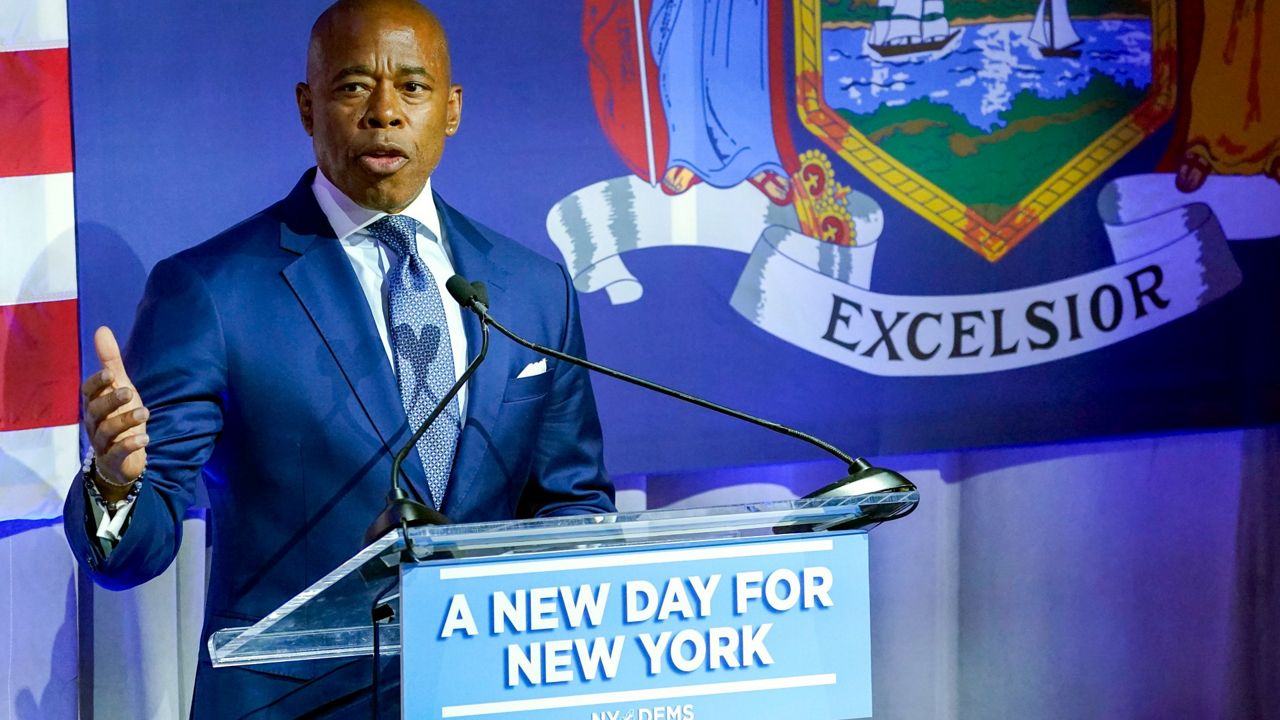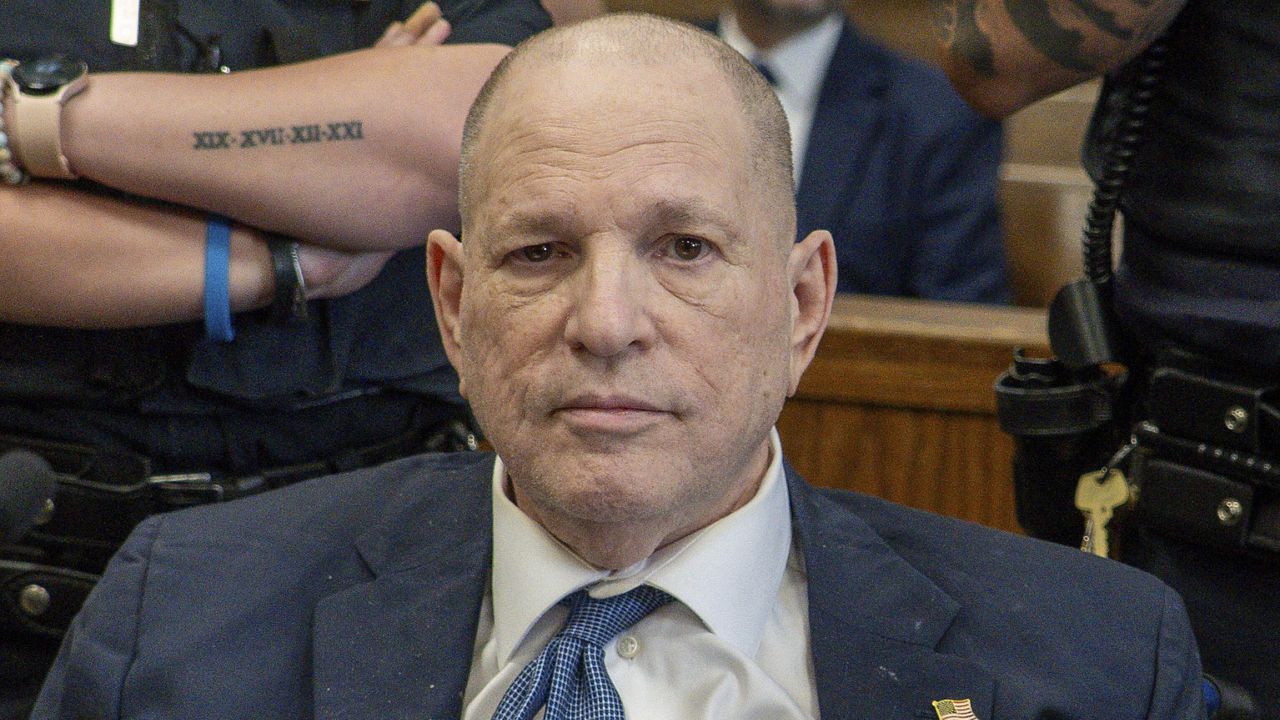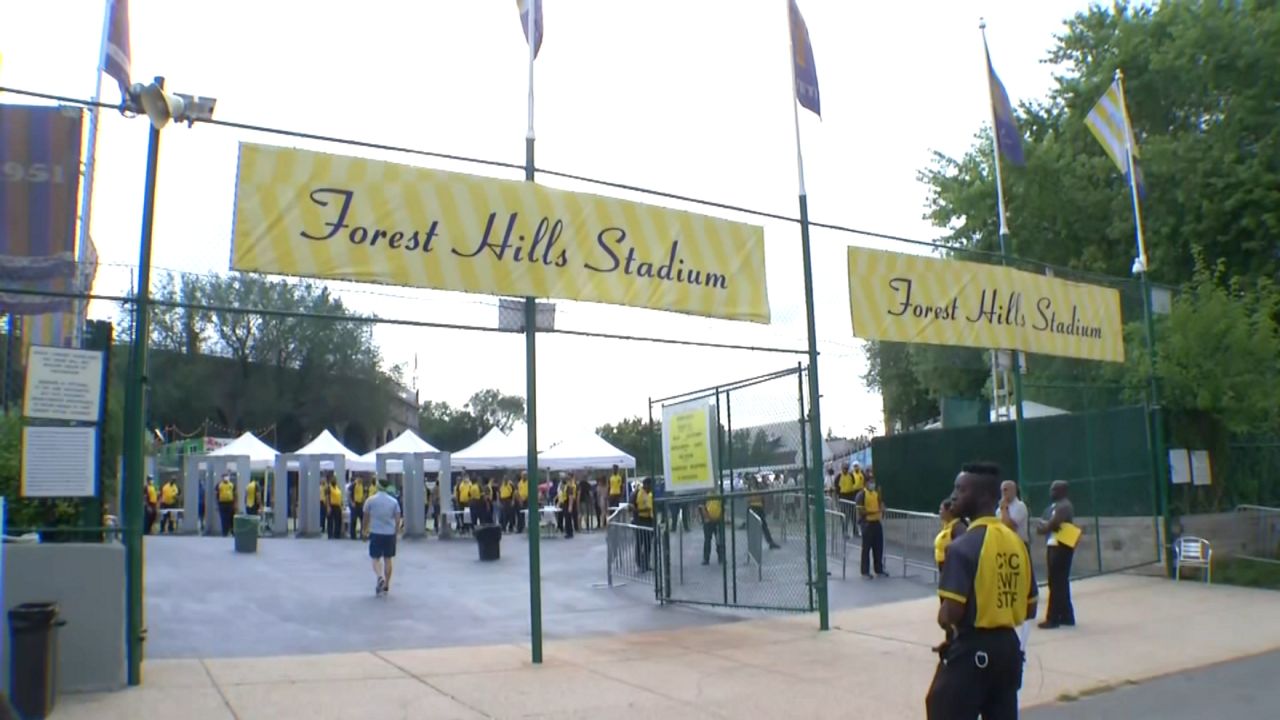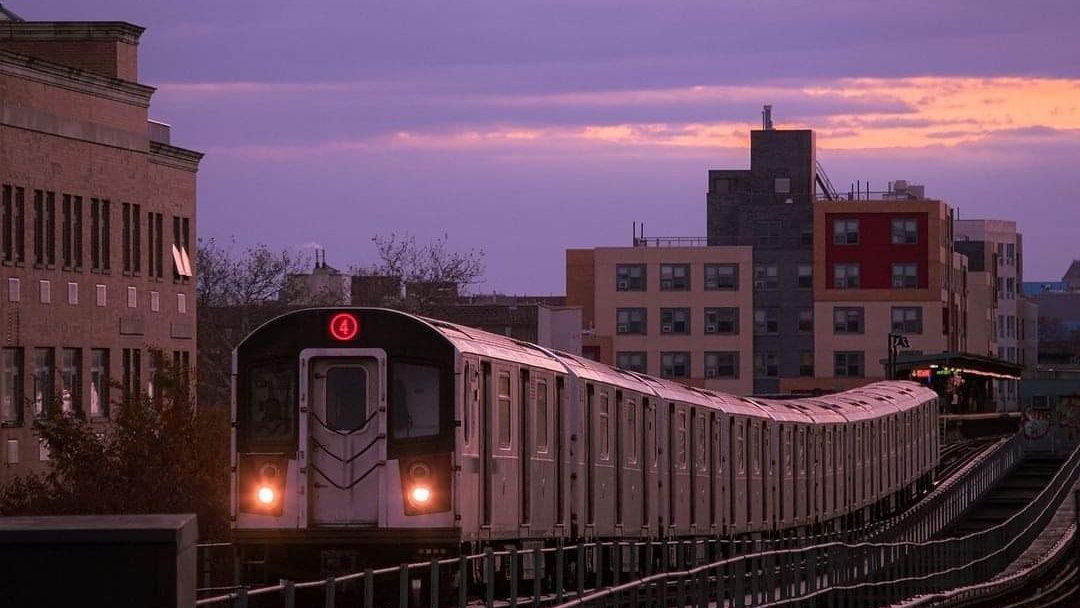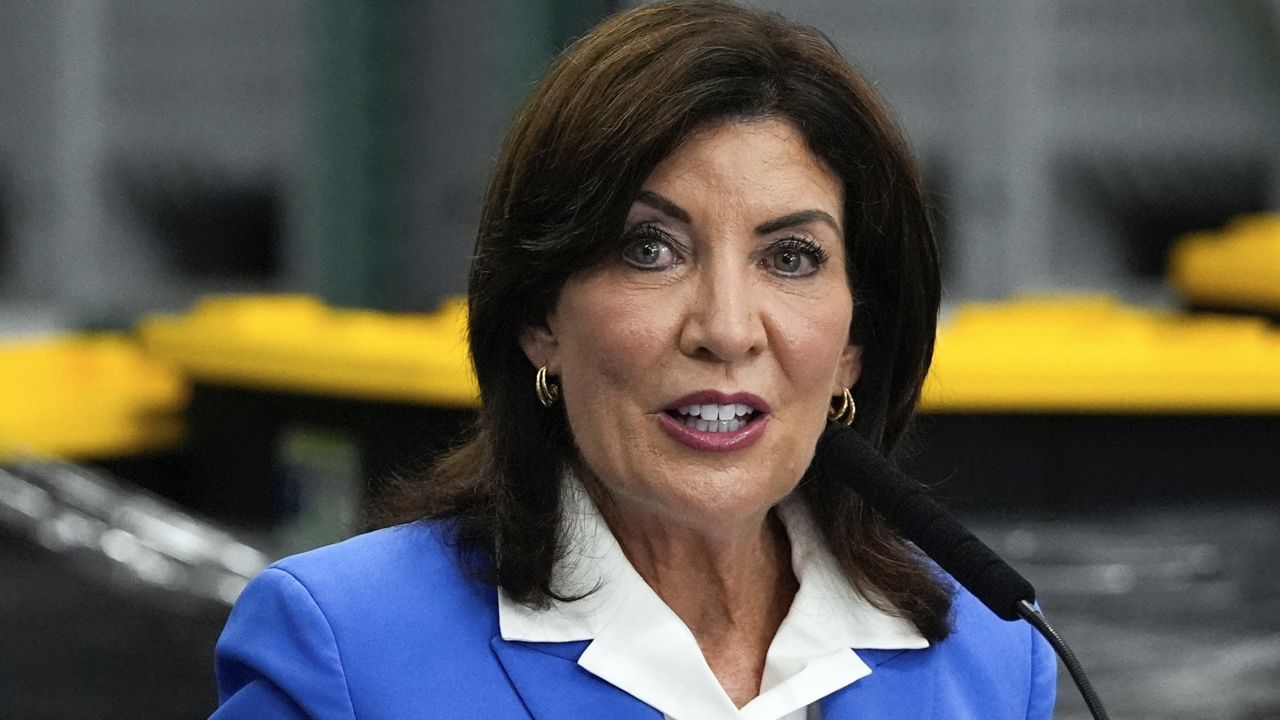Though he wasn’t running, Mayor Eric Adams had a mostly successful primary election Tuesday, with many of the candidates he endorsed earning the Democratic nomination for their districts.
Party moderates in general saw success in the primary, with Gov. Kathy Hochul and Lt. Gov. Antonio Delgado beating back challenges from left-wing candidates. Yet the election as a whole saw low turnout — about 450,000 city residents cast votes in the Democratic primary for governor, out of 3.1 million active, registered city Democrats — limiting a full view of the electorate’s mood.
On Wednesday, Adams said that the primary winners broadly support his policy positions on public safety, housing and other issues.
“Those who won spoke to the desires of New Yorkers throughout the entire state,” Adams said at an unrelated news conference. “When we look at the race and the outcome, clearly it’s in alignment with what I've been saying for a long time.”
The broad success of moderates in the primary came as the mayor has seen wavering public support, with a recent NY1 poll finding that city voters were mixed on his tenure so far.
Yet candidates for the state Assembly that he endorsed largely did well. Nikki Lucas successfully beat Keron Alleyne, who had the support of longtime area politicians Charles and Inez Barron, to represent East New York. Incumbent Brian Cunningham fended off multiple challengers in Prospect Lefferts Gardens and Crown Heights.
Eddie Gibbs, the state’s first formerly incarcerated lawmaker, retained a seat he won in a special election earlier this year in Harlem. Michael Benedetto, a longtime Assembly member representing Co-op City and Pelham Bay in the Bronx, beat progressive challenger Jonathan Soto.
The success of moderate candidates in the city on Tuesday will likely help Adams as he tries to position himself as a national leader in the Democratic Party, according to Evan Stavisky, a founding partner at The Parkside Group, a political consulting firm.
“He’s entitled to take a victory lap, because most of the people he endorsed won, and most of the people who won share his vision of what the Democratic Party should look like,” Stavisky said.
Yet the primary wasn’t all good for Adams. Two of his picks lost their elections: Hercules Reid, an Assembly candidate to represent East Flatbush, and Renee Collymore, a candidate for Brooklyn’s Democratic Party committee in the Assembly district representing Prospect Heights, Fort Green and west Bedford-Stuyvesant.
Additionally, Adams’ ally at the head of Brooklyn’s Democratic Party, Rodneyse Bichotte, now has a much softer grip on power after losing several seats on the party’s committee to a campaign aimed at ending her reign in the borough.
THE CITY, a NY1 editorial partner, reported that Bichotte’s husband lost his reelection bid for a committee seat, alongside other losses that left her without a majority on the body, which oversees judicial appointments and is often a springboard to higher office.
Bichottee presided over efforts in the borough to help earn Adams the mayoral Democratic nomination last summer.
Adams also defended his endorsement of Pinny Ringel, who challenged a Brooklyn district leader who supported Andrew Yang over Adams in last year’s mayoral primary, pushing back against claims that Adams’ allies had pressured voters in the Boro Park neighborhood to support Ringel.
“Clearly, whomever said that can't be a New Yorker, because New Yorkers — you cannot intimidate and threaten,” Adams said. “We don't intimidate voters. We state what our vision is, and I believe Pinny Ringel had a clear vision for our city, and he shared it with the voters.”




